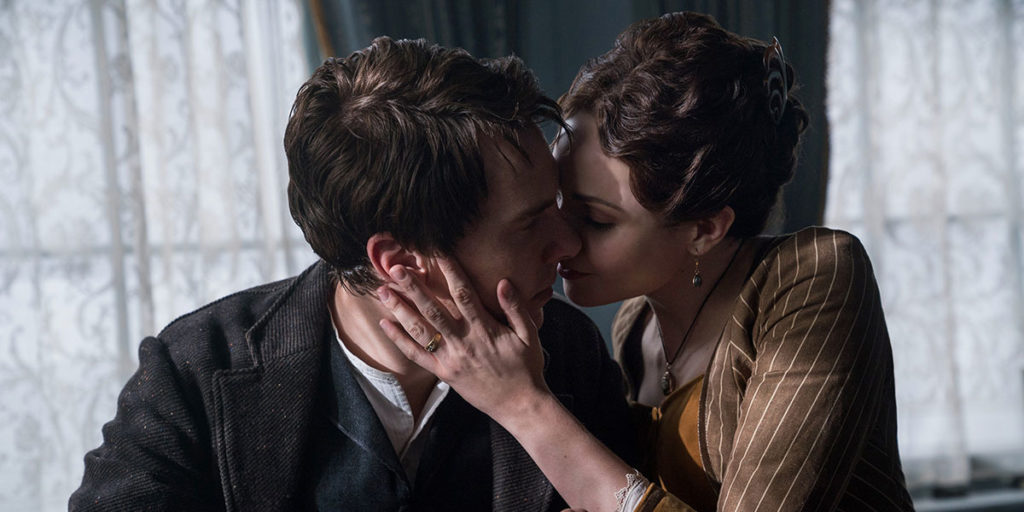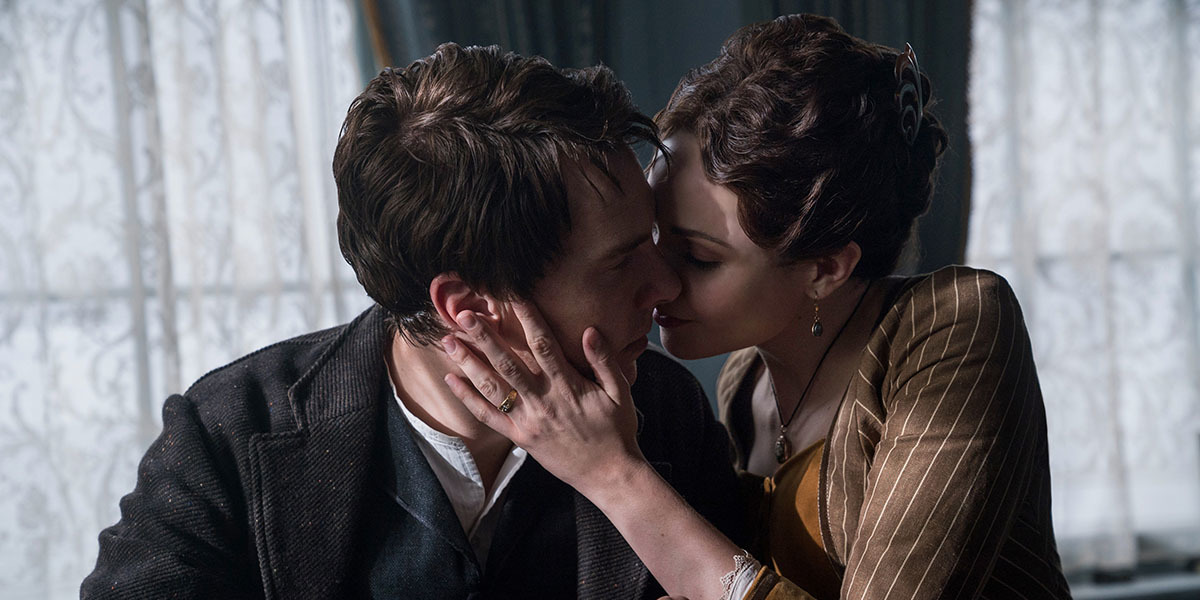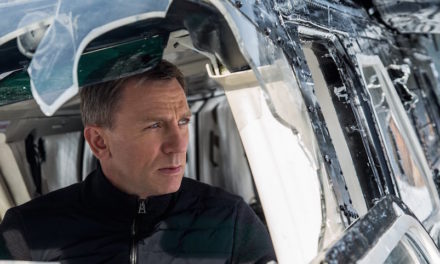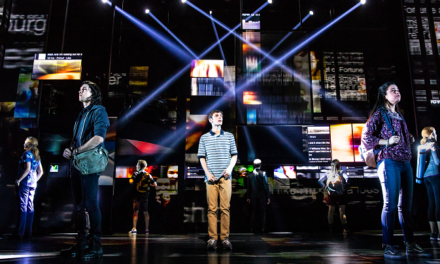
Courtesy of AccuSoft Inc.
The history of America’s shift from gas laps to the ubiquitous glow of electric light bulbs is a confusing web laced with corruption, conceit and confusion. “The Current War,” set just after Thomas Edison’s (Benedict Cumberbatch) new filament light bulbs flood urban America, is based on true events surrounding this introduction of electricity to everyday life. Edison hopes to utilize his invention to illuminate the country, city by city, despite the threat of competition. George Westinghouse (Michael Shannon) is that competition. With Westinghouse’s alternating current that can stretch for miles competing against Edison’s direct current that only suits dense cityscapes, the current war begins.
The powerhouse of a cast does an incredible job drawing in the audience, but the wide array of characters is challenging to keep track of. Cumberbatch’s portrayal of the headstrong and stubborn Edison leads the charge, and while Cumberbatch clearly communicates the determination of Edison’s character, the movie lacks the wide emotional spectrum that we have seen from him in other films. I often had difficulty separating Cumberbatch’s Edison from other, more relatable roles he has taken on in the past, such as his performance as the great engineer Alan Turing in the 2014 film “The Imitation Game.” Like Turing, Cumberbatch’s character Edison is an engineering wizard but lacks the empathy and character development seen as Turing invents modern day computing in “The Imitation Game.” And while Cumberbatch commands a large amount of screen time, his character is only palpable alongside the rest of the cast.
Edison’s assistant Samuel Insull (Tom Holland) serves as the only humanizing force in Edison’s life. Insull starts off as Edison’s comically youthful right-hand man but grows to match the intellect and wit of the master electrician. Holland shows mature acting prowess in this film, proving that regardless of any future deals between Sony and Marvel, Holland has a guaranteed place on the big screen. Westinghouse, an engineer in his own right, proves to be another down-to-earth character in the cutthroat narrative. While the staggering cast may initially draw the audience in, Shannon’s portrayal of Westinghouse is the pivotal role that keeps the audience engaged. While Edison sustains outlash against the Westinghouse name, Westinghouse refuses to sacrifice his humanity to get a leg up on the competition.
Despite the significance of the story being told and the superb cast telling that story, the filmmakers failed to develop each scene, relying instead on rapid-cut sequences. It is difficult to be swept away by the performance of the phenomenal cast because of the jarring transitions between each scene of “The Current War.” While it makes sense to jump from location to location during the exposition of the movie to introduce the characters, the disorienting transitions continue for the entirety of the film. In addition, scenes featuring Nikola Tesla (Nicholas Hoult) were frequently shot angled so that the scenes appear off-centered. Though they are frequently paired with a witty line encapsulating Tesla’s obsessive-compulsive tendencies, these short moments were nearly nauseating to watch and distracted from the film’s overarching plot.
The electric age signals the increase in the use of light bulbs over candles, so it is not surprising to see that light is used frequently in “The Current War” to build tension. The moments when Edison shines most — when the audience can relate to him — are the small moments of vulnerability we seen as he engages with his most trusted peers. We see this side of Edison as he openly expresses self-doubt to Insull in the darkness of a late-night train ride, as opposed to when he repeatedly illuminates the faces of shocked onlookers and journalists. The film score is also very appropriate to showcase both the amazing on-screen moments and the moments where hard work and genius are at play, which is accomplished by blending classical orchestral music with modern electronic themes. This clearly puts a spotlight on how the characters find themselves on a precipice, where the past lies behind them and the vast future is a leap ahead.
Edison’s name is entangled with electricity, but the power of this movie doesn’t come from his character development. “The Current War” can’t be a standalone film about Edison’s accomplishments, or it would fall flat. Instead, the movie’s strength comes from showing how the world reacted to Edison and his accomplishments. Because of the variety of perspectives in the film, the mosaic formed out of this industrious age is sometimes confusing but redeems itself through passionate actors and awe-inspiring spectacles.
Grade: B
Joel Lerner (20Ox, 22C) is from Johns Creek, Georgia, majoring in environmental science. Outside of the Wheel, his interests include theater, music and books. If you want to strike up a (seemingly endless) conversation with him, just mention “Doctor Who” or TikTok. Contact Lerner at joel.robert.lerner@emory.edu.






